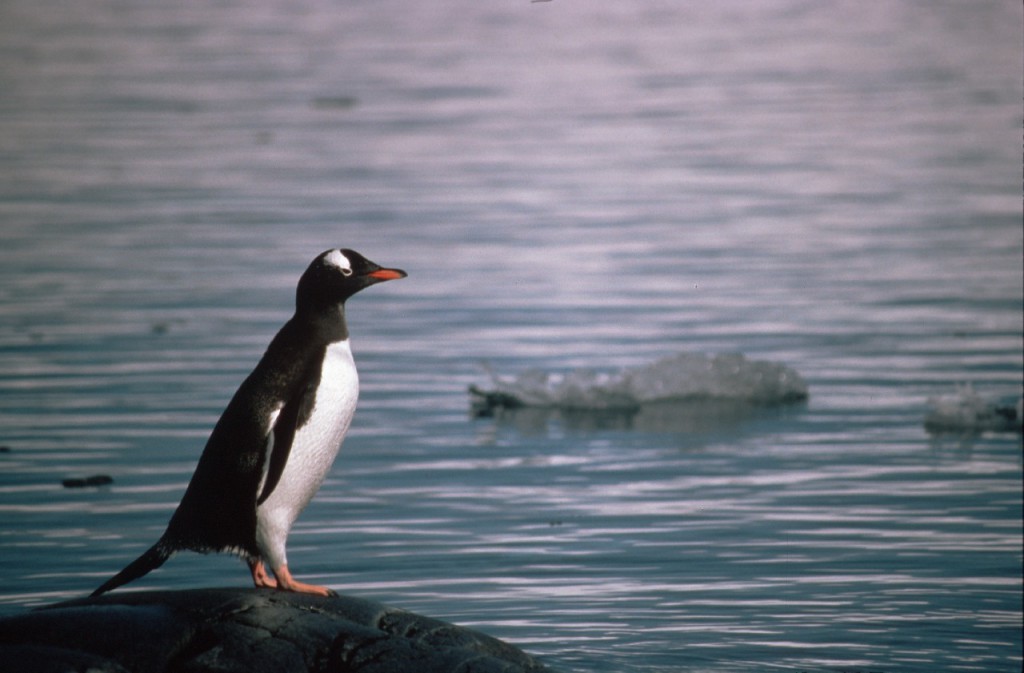Penguin mania is set to sweep London this year as the SEA LIFE London Aquarium announces a major new area featuring a family of gentoo penguins will open in spring. SEA LIFE’s new Ice Adventure will be a very different — and much chillier — experience to any other, giving guests a totally unique way to get close to, and learn about, gentoo penguins.

Working with British Antarctic Survey, SEA LIFE London Aquarium is creating an area that will transport guests to a research station in the coldest and most inhospitable place on Earth. Visitors will journey through an icy landscape full of interactive features – from freezing touch pools to looking at the world through snow goggles. In the penguin-viewing ice cave, visitors will get a direct window into the habitat of the gentoo penguins as a group of them dive beneath the water and play in a carefully created icy home from home.
“This is really very different to a traditional zoo setting and our intention is to essentially recreate a taste of the Antarctic in the heart of the city,” says Toby Forer, General Manager at SEA LIFE London Aquarium. “Gentoo penguins thrive in extreme cold and pollution free environments and the habitat we are creating will provide them with their optimum living conditions. Penguins always put a smile on peoples’ faces and we know this family will too — but this experience is about much more than that. We also want to help guests get a better understanding of the world they live in, the threats they face and what we can do to make a difference.”
Director of British Antarctic Survey, Professor Nicholas Owens, says, “We are delighted to have the opportunity to showcase Antarctic research at London Aquarium. Engaging the public about this magnificent continent is an important activity for us. I would hope that children visiting this exhibit will become scientists, citizens and policy makers who will ensure that the UK continues to undertake world-leading scientific research in the polar regions, and who will also help future governments make informed decisions about mitigating and adapting to the consequences of global climate change.”
